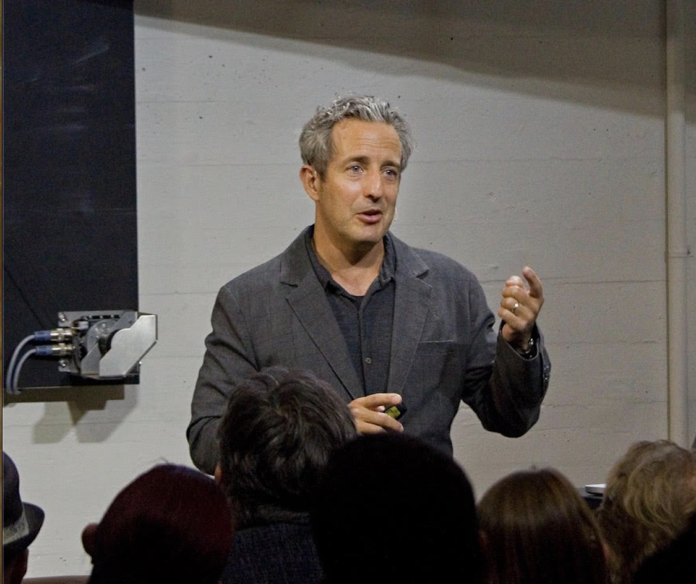The human story is one of successes and failures, triumphs and tragedies. From our humble beginnings as small bands of hunter-gatherers to the grandeur of modern cities, we have achieved a lot in a relatively short amount of time. But how did we make this transition from nomadic tribes to complex societies? A new thesis put forward by Edward Slingerland, a philosopher, and professor of Chinese history and culture at the University of British Columbia, suggests that alcohol may have played an important role in sparking early human civilization.
Slingerland believes that our ancestors’ desire for beer over bread may have been the driving force behind developing agriculture. It was not just a happy coincidence that allowed humans to transition from hunter-gatherers to agrarian societies; alcohol may have provided much-needed stress relief and social bonding opportunities that helped them settle down into larger communities. In other words, it could be argued that alcohol was the key to unlocking civilization.
But how did humans come across alcohol in the first place? Robert Dudley’s “drunken monkey hypothesis” theorizes that 10 million years ago fruit began fermenting due to warming temperatures that gave primates the enzymes needed to metabolize ethanol. This theory has been backed up by archaeological evidence which shows signs of early brewing vessels from around 9500 BCE. It is also possible that early humans discovered fermented tree sap or honey which would have provided them with an alternative source for drinking alcohol.
It cannot be disputed that alcohol has had both positive and negative effects on humankind throughout history, but its influence on bringing about organized societies cannot be ignored. While further research is needed to confirm Slingerland’s theories, it does offer an interesting perspective on why we are where we are today. Whether you see it as something beneficial or detrimental, there is no denying its role in shaping civilizations as we know them.



